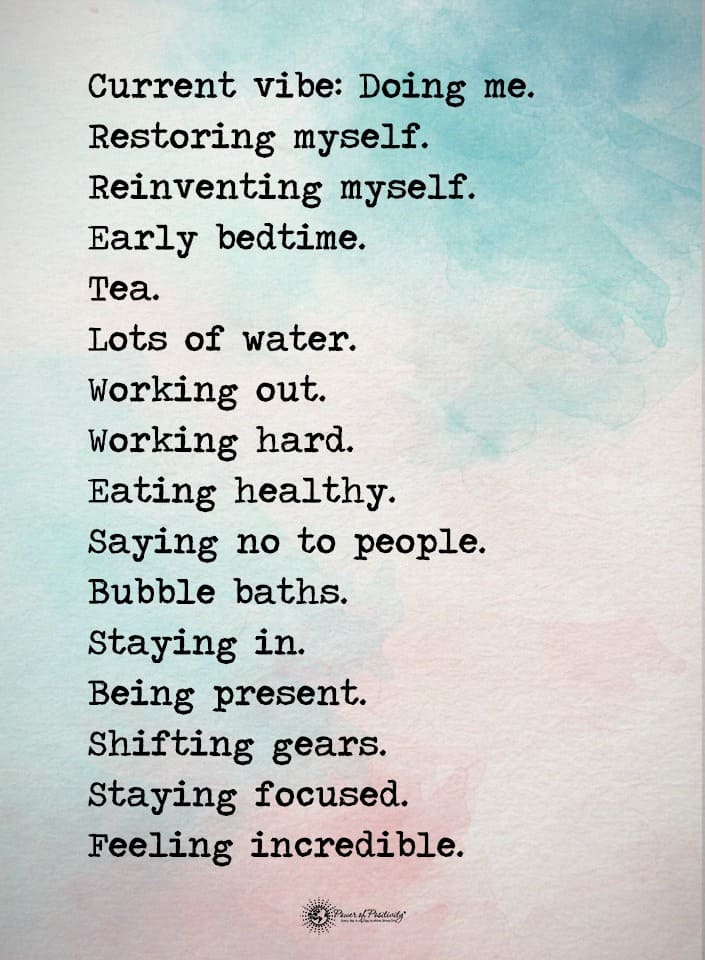Serotonin is a neurotransmitter that is vital in regulating mood, appetite, sleep, and other bodily functions. It is produced in the brain and other parts of the body, such as the gut, and acts as a chemical messenger between nerve cells. Serotonin works by transmitting signals from one nerve cell to another and affects the brain’s mood centers, including the hypothalamus and the prefrontal cortex.
Low serotonin levels are associated with depression, anxiety, and other mood disorders. In these conditions, a lack of serotonin in the brain can cause feelings of sadness, irritability, and a lack of motivation. Conversely, increased serotonin levels can lead to happiness, relaxation, and well-being.
We should consider that we can naturally increase this vital brain chemical to be exciting! Many ailments, acute and chronic, are believed to be due – at least in part – to low levels of serotonin in the brain. We encourage our readers to use this valuable knowledge included in this article to enhance their physical and mental health.
Here are 5 ways to increase serotonin in the brain:
1. Get some 5-HTP
This little “hack” is a terrific way to help ward off the blues. Formally called 5-Hydroxytryptophan, this substance has been found effective in treating anxiety, depression, fibromyalgia, insomnia, and hypertension. 5-HTP accomplishes these things by stimulating the production of the chemical serotonin.
In addition, 5-HTP positively affects weight levels – a trait derived from the substance’s appetite suppression. In a study at an Italian University, female participants who ingested 5-HTP lost an additional 10 pounds over two weeks, in contrast to the placebo group who lost just two pounds over the same time period.
To realize the serotonin-boosting benefits of 5-HTP, try a dosage of 100 to 400 milligrams per day in multiple doses (i.e. at breakfast, lunch and dinner). Anticipate a time period of 4 to 6 weeks before any 5-HTP supplementation begins to demonstrate tangible benefits.

2. Take some B vitamins
Vitamin B6, in particular, aids in both the development and function of serotonin in the brain. Those prone to stress should consider supplementing their diet with a B-complex product, due to its myriad effects on brain chemicals.
Both vitamin B6 and vitamin B12 effectively reduce depressive symptoms while inhibiting erratic neural activity in the brain. According to a study published in the American Journal of Clinical Nutrition, older adults diagnosed with depression or who experienced depressive-like symptoms improved after supplementing their diets with B vitamins.
The recommended intake of a B-complex product, such as a supplement, is 50 to 100 mg daily. Those with additional symptoms, including fatigue/exhaustion or chronic stress, should consider adding a pantothenic acid – a twice-daily 250 mg dose of B5 vitamins- often sufficient for alleviating such symptoms.
3. Embrace the light
Ever wonder why opening the shades on a sunny day has a distinctive way of improving our mood? Well, it may be because our brain self-injects itself with serotonin chemicals. Even on a frigid or cool day, sunlight has a noticeable positive affect on our mindset.
A productive and healthy practice is walking briskly for fifteen to twenty minutes at least once (or even twice) a day. Regardless of frequency, it is best to walk in the morning for two reasons:
- You will burn more calories, and
- You’ll mentally prepare ourselves for the day ahead. Not only will your brain reward you with a serotonin kick, but you will also burn off some calories in the process.
4. Get a massage
Massages feel really good…pretty much everybody knows this already. What most of us probably do not know is that massages have a direct effect on our serotonin levels. Physiologically speaking, messages effectively reduce the stress hormone cortisol – a chemical that actively blocks the production of serotonin.
Researchers have discovered that professional massages decrease cortisol levels by about 31 percent. When cortisol production drops, our brains are in an optimal state to produce serotonin chemicals. As an added benefit, massage therapy can increase the “reward and pleasure” brain chemical dopamine production.
Experts quickly point out that undergoing guided massage therapy is the premier method of boosting serotonin and dopamine levels in the brain, in addition to other sought after health benefits. However, a simple massage by a close companion will suffice for many. Those experiencing turmoil (including trauma) should consult a licensed massage therapist, whose expertise will be invaluable in counteracting psychological stressors.
5. Meditate
Ah, yes…no “serotonin-boosting” article would be complete without including meditation. Simply put, the proliferation of scientific studies that prove meditation’s physical and psychological benefits are mind-boggling. Numerous forms of meditative practices exist, and all of them are beneficial in increasing the production of serotonin.
Perhaps the most impactful form of meditation on serotonin levels is Transcendental Meditation, or TM. Researchers believe that TM is a powerful stimulant on serotonin levels due to elevation of one of serotonin’s building blocks: 5-HIAA. Science has discovered a direct correlation between increasing concentrations of 5-HIAA and elevated serotonin levels in the brain.
Like massage therapy, meditation reduces cortisol levels in the brain. Additionally, meditation is particularly adept at invoking a relaxed response in the brain. Additionally, it suppresses the brain’s natural “fight or flight” reaction.
Mindfulness-based stress reduction (MBSR) is another meditation type linked to elevated serotonin levels, partially because MBSR further sensitizes serotonergic receptors, an important variable in producing serotonin. Interestingly, MBSR is the meditative technique utilized by military personnel with Post-Traumatic Stress Disorder (PTSD).
Final Thoughts on Increasing Serotonin in Your Brain
Serotonin is a crucial neurotransmitter that plays an important role in regulating mood and emotions in your brain. Low serotonin levels can lead to feelings of sadness and anxiety, while an increase in serotonin levels can result in happiness and well-being. Maintaining healthy serotonin levels through exercise, a balanced diet, and antidepressant medications can help to improve mood and overall emotional health.
In other words, serotonin sends a signal to your brain, increasing happy thoughts and positive vibes. Try these five hacks, and you may decrease feelings of depression and experience a more joyful life.












